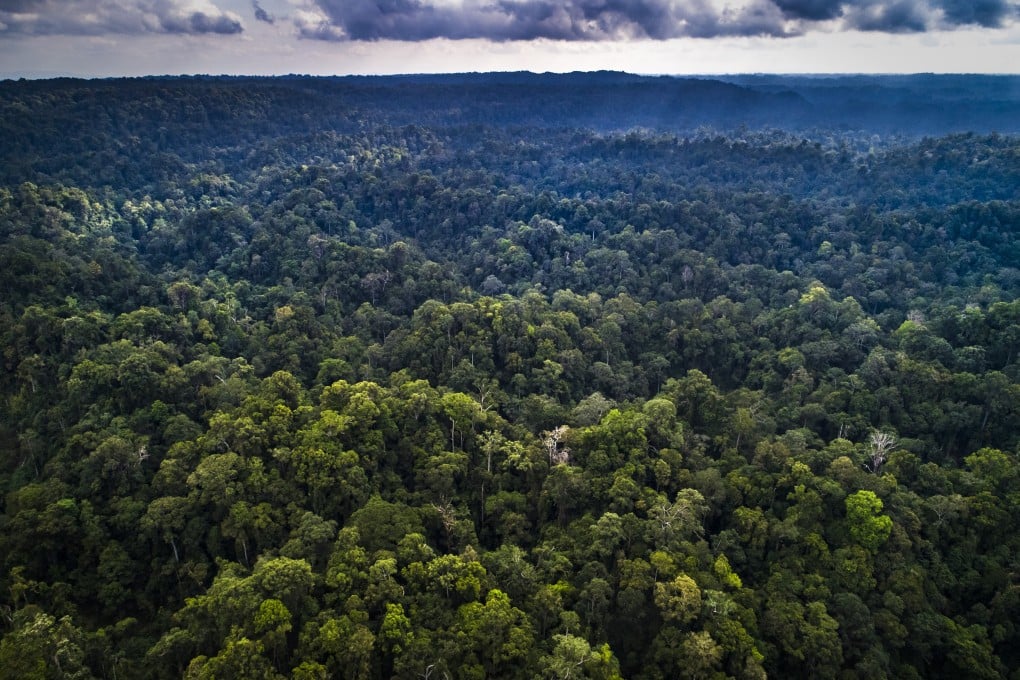Advertisement
Indonesian debate over new capital Nusantara reflects Southeast Asia’s obsession with the supernatural – and Kalimantan’s spooky stories
- A politician’s jibe about Kalimantan being filled with ghostly creatures like ‘kuntilanak’ and ‘genderuwo’ reflects Southeast Asia’s beliefs in the supernatural
- Kalimantan’s ghost stories are regional twists on Indonesian cult favourites. Legend has it that Pontianak city was named after vampiric spirits that once lurked there
Reading Time:5 minutes
Why you can trust SCMP
6

When Edy Mulyadi, a journalist and small-time politician, hit the headlines in Indonesia last month for calling the location of its planned new capital city “a place where genies dump kids”, he sparked a backlash from community groups in Kalimantan.
But the resulting debate also revealed the extent to which tales of the supernatural pervade modern-day thinking across the archipelago nation of 274 million people, and the rest of Southeast Asia.
Mulyadi’s comments – made in a YouTube video shortly after Indonesia’s House of Representatives passed a new law in January allowing for the country’s capital to be relocated from Jakarta to “Nusantara” in East Kalimantan province – took aim at the proposed site on the island of Borneo, which he said was only suitable for “kuntilanak and genderuwo”.
Advertisement
Vampiric spirits that are often said to take the form of vengeful pregnant women who are unable to give birth, kuntilanak can be found in the mythologies of not only Indonesia, but also Singapore and Malaysia, where they are known as pontianak. Genderuwo, meanwhile, are mythological yeti-like creatures that have long been rumoured to wander Indonesia’s densely forested interior.

Mulyadi received a tongue-lashing on social media, while some groups held rallies calling for his arrest and prosecution for insulting the region. Others demanded that he submit to punishment under the customary law, or hukum adat, of Indonesia’s indigenous peoples
Advertisement
Advertisement
Select Voice
Select Speed
1.00x